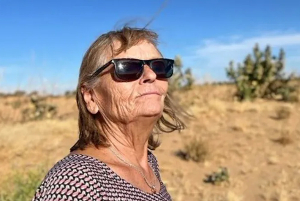Telecommunication companies in the country have sued the government over what they describe as double taxation of the Communications Service Tax (CST) by the government.
According to them, the government apart from the 6 percent direct tax it charges on phone calls, charges an additional six percent on interconnection fee that a call originator’s network pays to the network on which that same call is terminated.
For instance, if a customer of network A makes a call to a customer of network B, there is a 6 percent tax on every minute of that call which network A pays to the government, and then the amount that network A pays to network B for being the network on which the call terminated is also taxed another 6 percent by the government.
As a result, the network providers have since last year, refused to pay the additional tax liabilities under the CST, thereby creating a huge deficit in the revenue generated from the CST.
A tax Policy advisor to the government, Dr. Larbi Siaw revealed this in a Post Budget Workshop for the Parliamentary Press Corps in Accra yesterday on the 2013 Budget Statement and Economic Policy.
He said however that the telecom companies would have to pay all the accrued arrears on their liabilities to the government before the issue is addressed. “So far as they pay the accrued areas, we will sit down with them and settle the issue out of court,” he told the Ghanaian Times after the programme.
The telecom companies have since last year been agitating for a review of the CST to address the dual taxation element. The issue gained international prominence when the Director of Spectrum Policy for Middle East and Africa, Peter Lyons, at a forum in Accra added his voice to calls by the government to review the law establishing the CST.
The then Minister of Communications, Haruna Iddrisu, assured the telecom companies of a review of the legislation after consultations with government’s tax policy advisors but the law had since not been reviewed.
Dr. Siaw therefore gave the assurance that government would resolve the issue amicably but stressed that the arrears accrued from last year would have to be paid first. There were also discussions on oil and gas, an overview of the budget statement, and the entire macro-economy of Ghana.
Business News of Tuesday, 12 March 2013
Source: The Ghanaian Times
Telcos sue gov’t over double taxation
Entertainment












